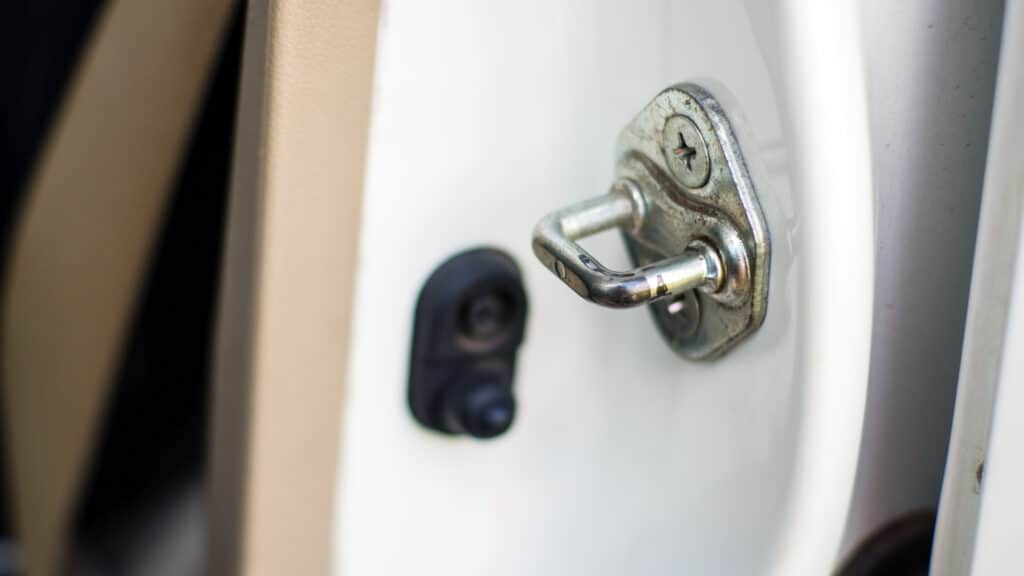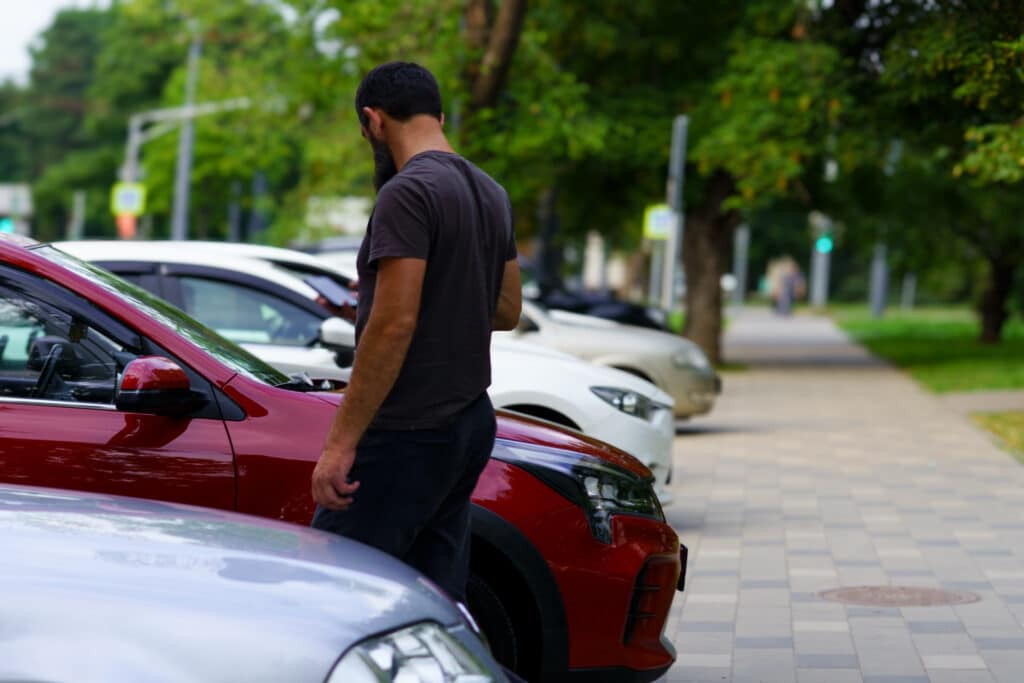A Honda sudden braking lawsuit alleges that 2019–2022 Honda Insight and Honda Passport vehicles are equipped with defective automatic emergency braking systems.
The class action lawsuit, which comes just days after a Honda Braking incidents investigation, represents potentially 250,712 Honda Passport and Insight vehicles.
Honda’s automatic emergency braking system is called Collision Mitigation Braking System. An AEB system uses at least one front-facing radar or lidar sensor to detect obstacles in front of the vehicle. Sometimes these radar or lidar sensors are paid with a front-facing camera placed in front of the rearview mirror. Honda’s automatic emergency braking system scans the environment for obstacles. If something is detected, Honda’s CMBS will alert the driver and, depending on what’s needed, apply light or strong brakes.
According to the sudden braking lawsuit, Sivakova v. Honda, Honda’s CMBS causes the following issues:
- False detection of obstacles that don’t exist
- Random deceleration
- Sudden, unexpected braking
The Insight and Passport owner’s manuals warn drivers that their vehicles may automatically brake “when there is no vehicle ahead” in these specific situations:
- Driving through curves
- Driving under low or narrow bridges
- Driving over speed bumps, steel plates or train tracks
- Driving past traffic signs or guardrails
However, the lawsuit states that finding this warning in the owner’s manual is like “finding a needle in a haystack—assuming someone had a reason to look for it in the first place.”
The Honda sudden braking lawsuit alleges that Honda’s Collision Mitigation Braking System is defective and Honda needs to take the following actions:
- Implement a service campaign to either deactivate the AEB system permanently or replace it with a safe and suitable alternative
- Publicize the fuel extent of its knowledge on the defect on its website, sales brochures, social media channels, YouTube channel, mobile apps, print mailers and dealership communications
- Reform its warranty to ensure that dealerships will repair the defect for free
At present, Honda allegedly continues to equip its models with an unsafe automatic emergency braking system and uses cheap, unreliable parts as a cost-saving measure, despite the risks.
Honda CMBS Defect History
The Honda sudden braking lawsuit provides some potential context on Honda’s decision to equip its vehicles with its Collision Mitigation Braking System.
It says car manufacturers were in a years-long race to push its AEB systems to market and make them standard features in their cars by 2022. Simultaneously, it has an incentive to save potentially millions of dollars through the use of cheaper, yet unreliable components. Only a handful of companies make the sensors and components used for automatic emergency braking systems, and even these components are allegedly not up to the task.
In 2015, Honda issued three recalls related to its sudden braking defect. Since then, it continued to issue technical service bulletins to dealerships on addressing the issue. Honda and the National Highway Traffic Safety Administration has received dozens of complaints on sudden braking, including three reports of crashes and/or fires and two injuries.
Multiple Honda lawsuits have alleged a sudden braking defect in 2017–2018 Honda CR-Vs with Honda Sensing. Other Honda lawsuits allege that 2016-2019 Honda Accords with Honda CMBS experience the same sudden braking defect.
The lawsuit alleges that by 2019, AEB system technology was still unreliable and malfunctioned near metal guardrails or overhead structures. Though installing effective, yet more expensive sensors and components remained an option, Honda allegedly refused to take it. Though Honda has recalled previous model years, the 2019–2022 Honda Passport and Insight vehicles have not been recalled despite experiencing the same issues.
The initial investigation into 2019–2022 Honda Passport and Honda Insight vehicles’ sudden braking was expanded to include 2018-2022 Honda Accord and 2017-2022 Honda CR-V vehicles. The lawsuit following these investigations claims that by releasing this underdeveloped technology to the market, Honda had customers “essentially (and unwittingly)” beta-testing AEB technology in real-world conditions.
Lemon Law Help by Knight Law Group is an automotive lemon law firm that exclusively practices in California, with offices in Los Angeles, San Francisco, Sacramento and Orange County. If you are a California resident who purchased or leased a defective vehicle from a licensed dealership in California, we may be able to help you get rid of your potential lemon and recover significant cash compensation. Model year restrictions apply: 2020–Present vehicle models only.
However, we cannot help those who reside outside of California or purchased their vehicle outside of California unless they are active duty members of the Armed Forces, nor will we be able to refer them to a lemon law firm in their states.
To learn more about the California Lemon Law and your legal rights, visit our guide on the California Lemon Law for more information.






